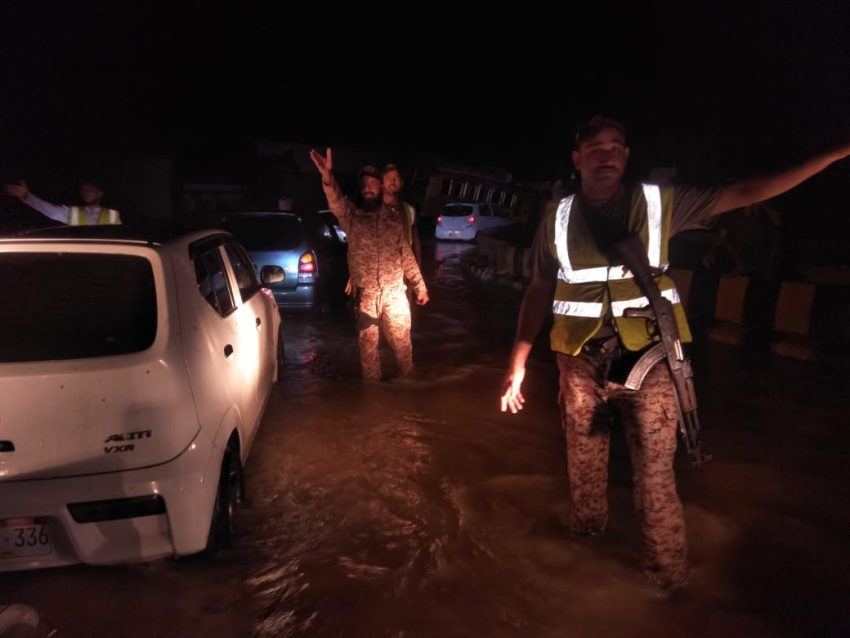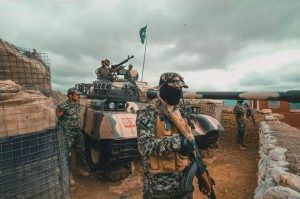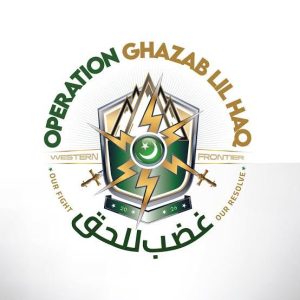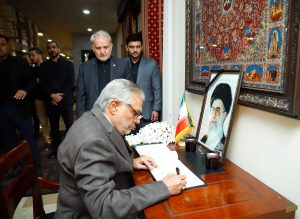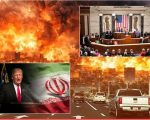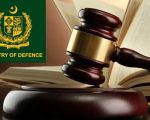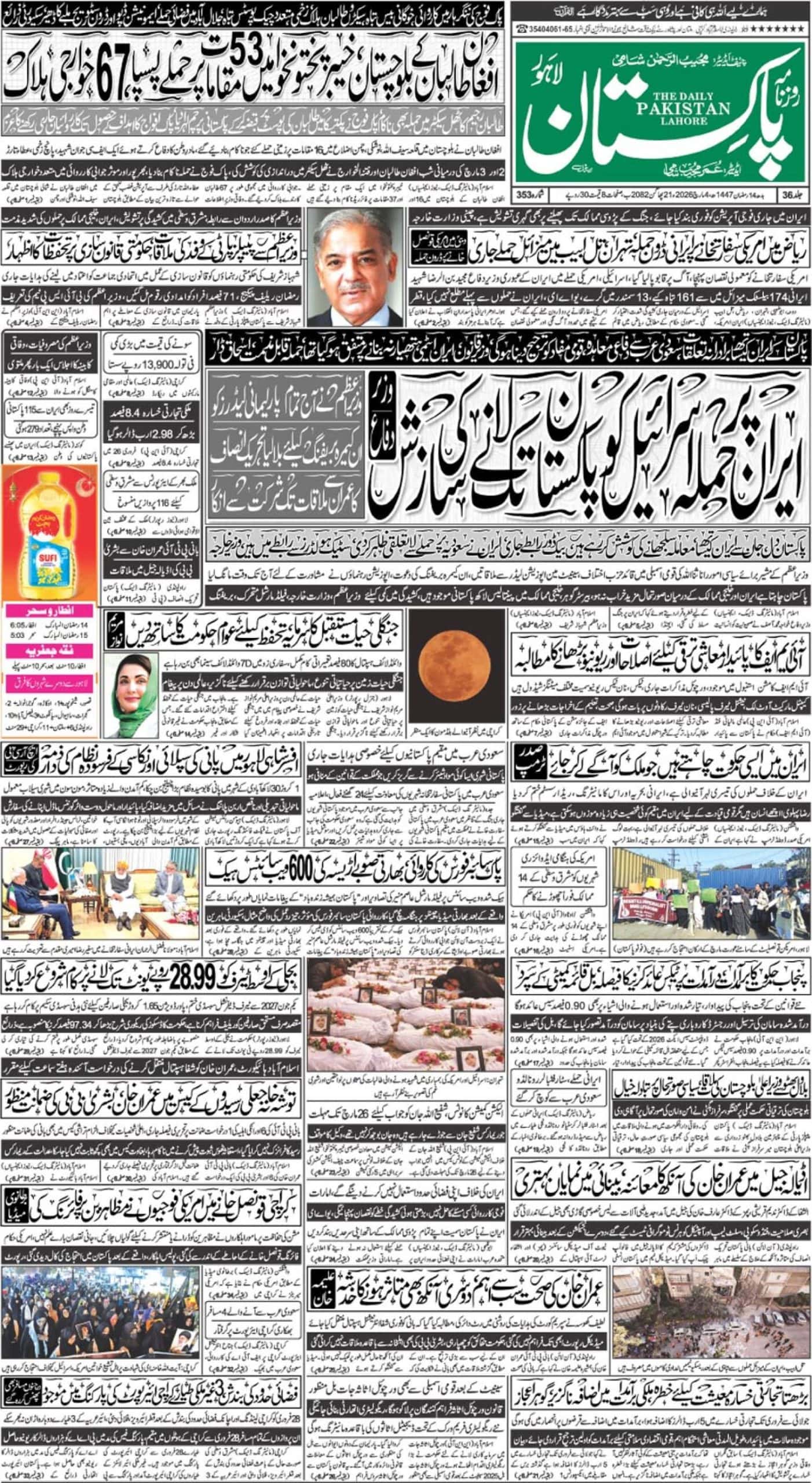Let me tell you what it’s like. In Karachi, before a big rain, everything stops for a second. The sky looks angry. This is weird, dark purple, and the air dies. You take a breath and you wait. You wonder, is this going to be one of the bad ones? Well, yesterday was. The heavens just opened up. It wasn’t rain; it was a wall of water. Honestly, within an hour, the streets were gone. Not just flooded, but gone and replaced by these quiet, dirty rivers that used to be our busiest roads. It’s the silence that gets you. The silence of a thousand stalled engines. It’s a strange feeling, being completely stuck, watching your loud, crazy, vibrant city get washed away into silence.
So the engine was off. No point in even trying. All I could do was watch as this murky line of sludge crept steadily up the side of my tire. It was almost hypnotic. The rain was a constant, drumming noise on the roof, and it kind of numbed you out. It’s in moments like that that you realise how completely powerless you are. The whole city had just given up, surrendered to the storm, and we were all just… stuck. It’s a strange kind of lonely, being surrounded by hundreds of people all sealed in their own little silent worlds. I was starting to lose track of time when something moved in the grey blur outside. Something that didn’t belong. It was them.
At first, I wasn’t even sure what I was seeing. Just a couple of figures moving through the water, and you think, “Who’s crazy enough to be out in this?” And then I realised it was Army and Rangers guys. More of them started to appear. They were right in it with the rest of us, soaked through, wading into the same chaos that had us all pinned down. They weren’t yelling from the curb; they were getting their boots filthy. I just stared as a group of them put their shoulders to this little car with a family in it, just digging their heels into the gunk and shoving. You could see the strain on their faces. A bit further on, another team had a car’s hood up. And what really got me was watching this one soldier leaning over the engine. The driver was freaking out, you could tell, but the soldier was just… calm. Talking him through it. He wasn’t just there to fix an engine; he was there to calm a panicked human being down.
It’s in raw, unscripted moments like that when it really hits you. We tend to think of our soldiers as defenders on some faraway border, a symbolic shield protecting us from threats we can’t see. But yesterday, the threat was immediate and visceral—it was rising water and sheer, overwhelming chaos. And in that moment, they were our shield right here, in the heart of our own city. You could see the resolve etched on their faces. This wasn’t just a job they were ordered to do; it felt like a promise in action. That’s how real trust is built, isn’t it? Not with grand speeches or political rallies, but by simply showing up when you’re needed the most.
And here’s the part that really puts it all in perspective. My whole experience on that main road? That was just the tip of the iceberg. I didn’t get it at the time, but what I saw was just one tiny part of a massive city-wide operation that had been ordered from the very top. I saw them helping with stalled cars, but at the exact same time, other teams were in a completely different battle. The TV later showed the hardest-hit neighborhoods, places that were completely underwater. You’d see these soldiers, not just directing traffic, but literally kicking down doors to get to trapped families. The image that’s seared into my brain is a soldier helping an old woman into a rescue boat, her face just etched with relief. It really hits you then. They weren’t just clearing roads; they were saving lives.
Army doctors, without a moment’s hesitation, had set up makeshift medical clinics on patches of dry ground, treating injuries and caring for the vulnerable. Overhead, the steady thrum of helicopters could be heard, not as a sign of conflict, but of hope, as they dropped food, clean water, and medicine to communities completely cut off from the rest of us. They were dealing with the crisis right in front of them while also figuring out how to get the city breathing again.
This is why, when people talk about the bond between our military and the people, it’s not just a nice phrase. It’s a connection that wasn’t created in a PR meeting. It has been earned, the hard way, in the rubble of earthquakes and in the middle of floods exactly like this one. They are seen as the pride of our nation because they continuously prove that their duty doesn’t end at the barracks gate. They are heroes in uniform, yes, but they are also true servants of the people.
So when you see someone thank a soldier on a day like yesterday, know that it’s not just a polite gesture. It comes from a deep, honest place of gratitude. It’s a heartfelt recognition of the one institution that, time and again, proves they have our back when everything else fails. Yesterday, in my car, they were my lifeline. And I heard that their teams would remain on duty until every last citizen was safe. That commitment, that simple promise, is everything. In that shared struggle against the storm, we were not just a city of stranded souls. We were a people being looked after by their own.

